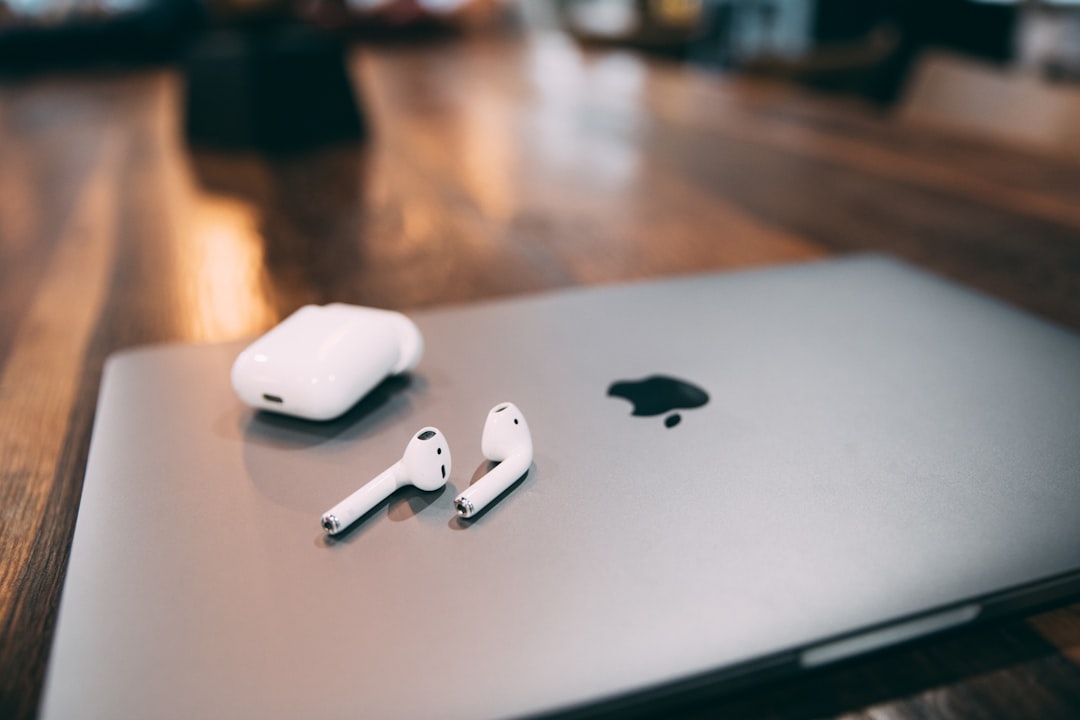What is it about?
Based on 2,172 semi-structured interviews with sentenced inmates in Mexico City during 2002–2008 this paper explains how public legal defence works, how this service is evaluated by the inmates who took part in the interviews, and how the traditional division between public and private services constitutes an important distinction in the way in which criminals interact with, and are processed by, the legal system. Our findings suggest that, in the case of Mexico City: (i) to be tried by a public defender not only implies that the person accused holds a bigger chance of getting a softer sentence than those defended by private lawyers; but also, (ii) that the population will have a better perception of the criminal process.
Featured Image
Why is it important?
The paper shows how the traditional division between public and private services constitutes an important distinction in the way in which criminals interact with, and are processed by, the legal system.
Read the Original
This page is a summary of: Is cheaper better? Public and private lawyers before criminal courts in Mexico City, International Journal of Law in Context, February 2016, Cambridge University Press,
DOI: 10.1017/s1744552315000361.
You can read the full text:
Contributors
The following have contributed to this page










